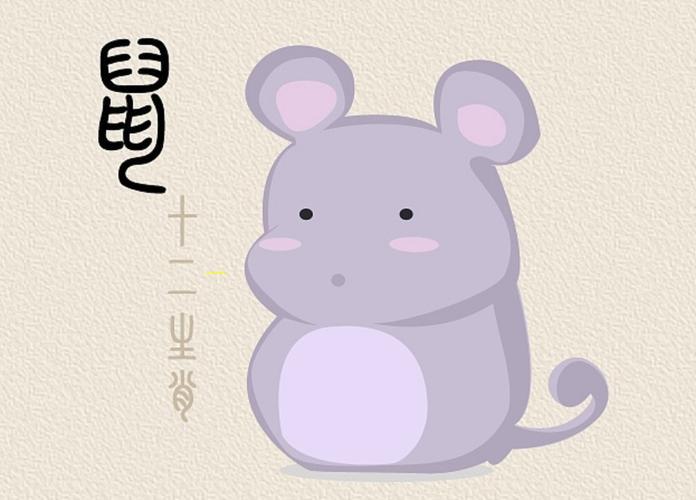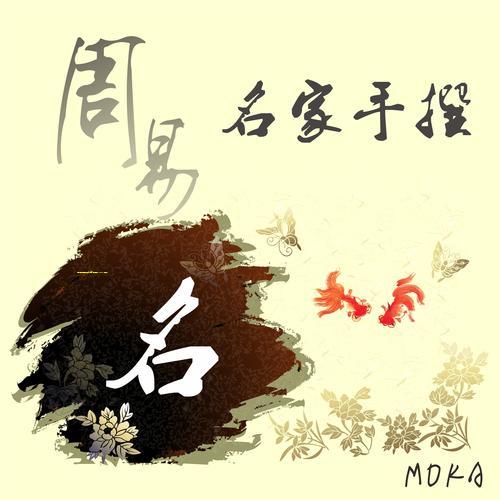什么样的八字被认为是“妾命”
- 作者: 楚玮瀚
- 来源: 投稿
- 2024-10-11
1、什么样的八字被认为是“妾命”
在傳統八字命理學中,並沒有一個明確的定義來描述 “妾命”。 有一些八字特徵可能被認為與妾的命運相關聯。 以下是一些可能與妾命相關的八字特徵:
日主弱,且無強根:日主代表命主自身,如果日主過於弱,且沒有強根幫扶,則命主容易缺乏自信和主見,容易依附他人。
官殺混雜:官殺代表丈夫,如果八字中官殺混雜,則代表命主容易遇到多個異性,感情生活複雜。
傷官見官:傷官代表叛逆和不服管教,如果八字中傷官見官,則代表命主容易與丈夫發生衝突,婚姻不穩定。
七殺無制:七殺代表偏夫,如果八字中七殺無制,則代表命主容易遇到偏夫,婚姻生活不幸福。
桃花星多:桃花星代表異性緣,如果八字中桃花星多,則代表命主容易吸引異性,但感情生活也容易複雜。
需要注意的是,以上只是一些可能與妾命相關的八字特徵,並不能完全代表一個人的命運。 八字命理學是一個複雜的體系,需要綜合考慮八字中的各種因素才能得出結論。
妾命在現代社會已經不再是一種普遍的現象。 隨著社會的發展和進步,女性的社會地位和權利得到了提升,妾命的说法也逐渐失去了意义。
2、从八字看哪些女人是妾命
从八字看哪些女人是妾命
八字命理学中,妾命指的是命格中带有妾星的女人。妾星是指八字中与日主发生刑冲克害的异性星,包括七杀、偏印、伤官、劫财等。如果八字中出现这些星,并且力量较强,则说明命主容易成为妾室。
以下是一些从八字看哪些女人是妾命的特征:
八字中七杀星旺而无制:七杀星代表丈夫,如果七杀星旺而无制,则说明命主容易被丈夫克制,难以得到丈夫的宠爱。
八字中偏印星旺而无制:偏印星代表偏房,如果偏印星旺而无制,则说明命主容易成为妾室。
八字中伤官星旺而无制:伤官星代表叛逆和不羁,如果伤官星旺而无制,则说明命主容易与丈夫发生冲突,难以维持稳定的婚姻关系。
八字中劫财星旺而无制:劫财星代表竞争对手,如果劫财星旺而无制,则说明命主容易被其他女人抢走丈夫。
需要注意的是,八字命理学只是一种参考,不能完全决定一个人的命运。 即使八字中带有妾星,也不一定就意味着命主一定会成为妾室。 影响婚姻的因素有很多,包括性格、环境、机遇等。 因此,不要过分迷信八字命理学,应该积极努力,争取幸福的婚姻。
以下是一些关于妾命的相关信息:
妾命的女人性格特点:妾命的女人往往性格比较强势,独立自主,不愿屈居人下。 她们往往有很强的能力,但在感情方面却比较坎坷。
妾命的女人婚姻状况:妾命的女人婚姻状况往往比较复杂,容易经历多次婚姻或婚外情。 她们的婚姻生活可能不太稳定,需要付出更多的努力才能获得幸福。
妾命的女人如何化解:如果八字中带有妾星,可以通过一些方法来化解,例如佩戴吉祥物、调整风水等。 还要注意修身养性,提高自身的修养,才能更好地化解命格中的不利因素。
请注意,以上信息仅供参考,不代表所有妾命的女人都会有相同的人生经历。 每个人的命运都是独特的,需要根据具体情况进行分析。

3、八字有妻妾命一定娶妾吗
“八字有妻妾命不一定娶妾,这取决于个人的选择和社会环境。在古代,妻妾制是合法的,但现在已经废除。因此,即使八字有妻妾命,也不一定娶妾。
八字只是预测命运的一种方法,并非绝对准确。因此,即使八字显示有妻妾命,也不代表一定会娶妾。
八字有妻妾命不一定娶妾,这取决于个人的选择和社会环境。”
4、什么样的八字被认为是
“什么样的八字被认为是” is a Chinese phrase that can be translated to "What kind of Bazi is considered to be". Bazi is a form of Chinese astrology that uses the date, time, and location of a person's birth to predict their personality, fortune, and destiny.
There are many different factors that can be considered when evaluating a Bazi chart, but some of the most important include:
The Day Master: This is the element that represents the person's birth date. It is the most important element in the chart and can have a significant impact on the person's personality and life path.
The Four Pillars: These are the four elements that represent the year, month, day, and hour of the person's birth. Each pillar has its own unique influence on the person's life.
The Ten Heavenly Stems and Twelve Earthly Branches: These are the two sets of symbols that are used to represent the elements in the Bazi chart. The Ten Heavenly Stems represent the yin and yang energies, while the Twelve Earthly Branches represent the twelve animals of the Chinese zodiac.
The Five Elements: These are the five elements that make up the universe: wood, fire, earth, metal, and water. Each element has its own unique characteristics and can have a significant impact on the person's life.
A Bazi chart can be used to predict a person's personality, fortune, and destiny. However, it is important to remember that Bazi is just one tool that can be used to understand a person's life. It is not a perfect predictor of the future, and it should not be used to make important decisions about your life.
If you are interested in learning more about Bazi, there are many resources available online and in libraries. You can also consult with a Bazi practitioner to get a personalized reading of your chart.




